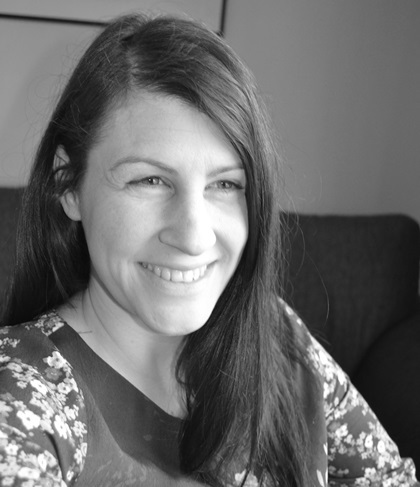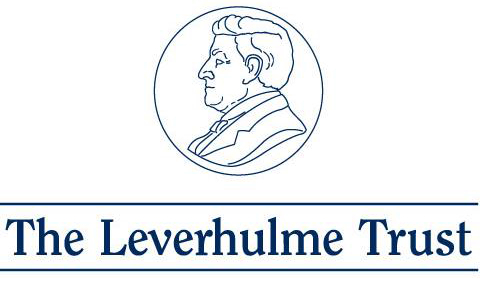Our project was funded by the Leverhulme Trust, and aimed to explore the developing self and its influence on memory. To learn more about our research methods, explore our pages using the tabs above, or click on the links as you read the project summary below.
Quite a lot is known about how self-awareness interacts with memory in adulthood. For example, adults and teenagers show a consistent memory advantage for information processed with reference to self over information processed about other people, or in other contexts. For example, people are more likely to remember being asked the question ‘Are you clever?’ than questions like ‘Is Donald Trump clever?’, or ‘Is clever a positive word?’. This robust memory advantage is known as the self-reference effect. However, it is unclear when or how this effect develops across childhood. It is also unclear how lower level effects, such as the tendency for adults to have better memory for events that they have actively participated in (known as the self-performed task effect), develop. To find out, our project uses age-appropriate ‘me in memory’ measures for young children across three to ten years. Children’s developing self-concept is also assessed. We expect developments in the self-concept to be related to development in ‘me in memory’ effects, and to children’s autobiographical memory. In addition to informing basic research about the interaction of self and memory in childhood, the project has potential real-world clinical and educational applications.
The project was led by the below team, data collection is now complete and resulted have been published, this webpage exists as a legacy to the project.


University of Dundee


PhD candidate University of Abertay

